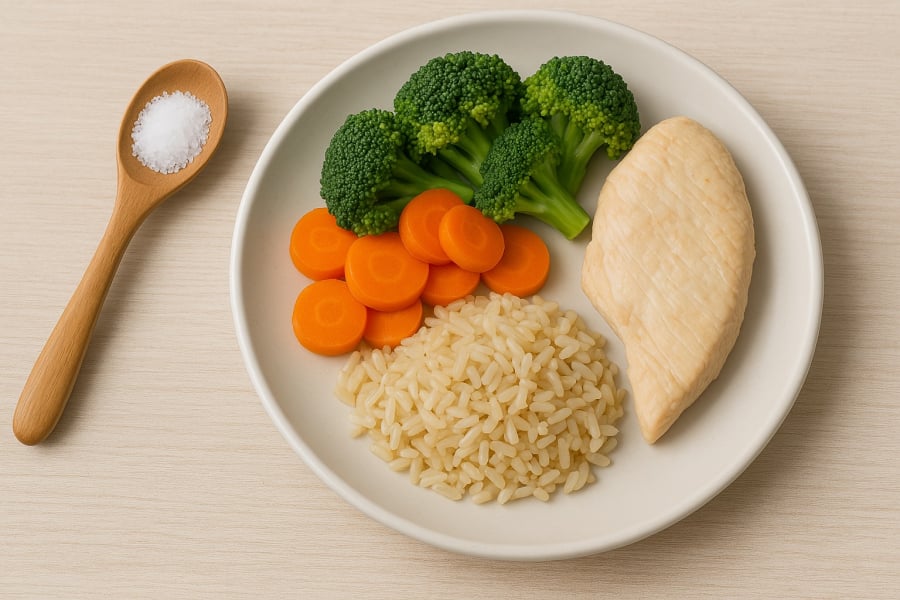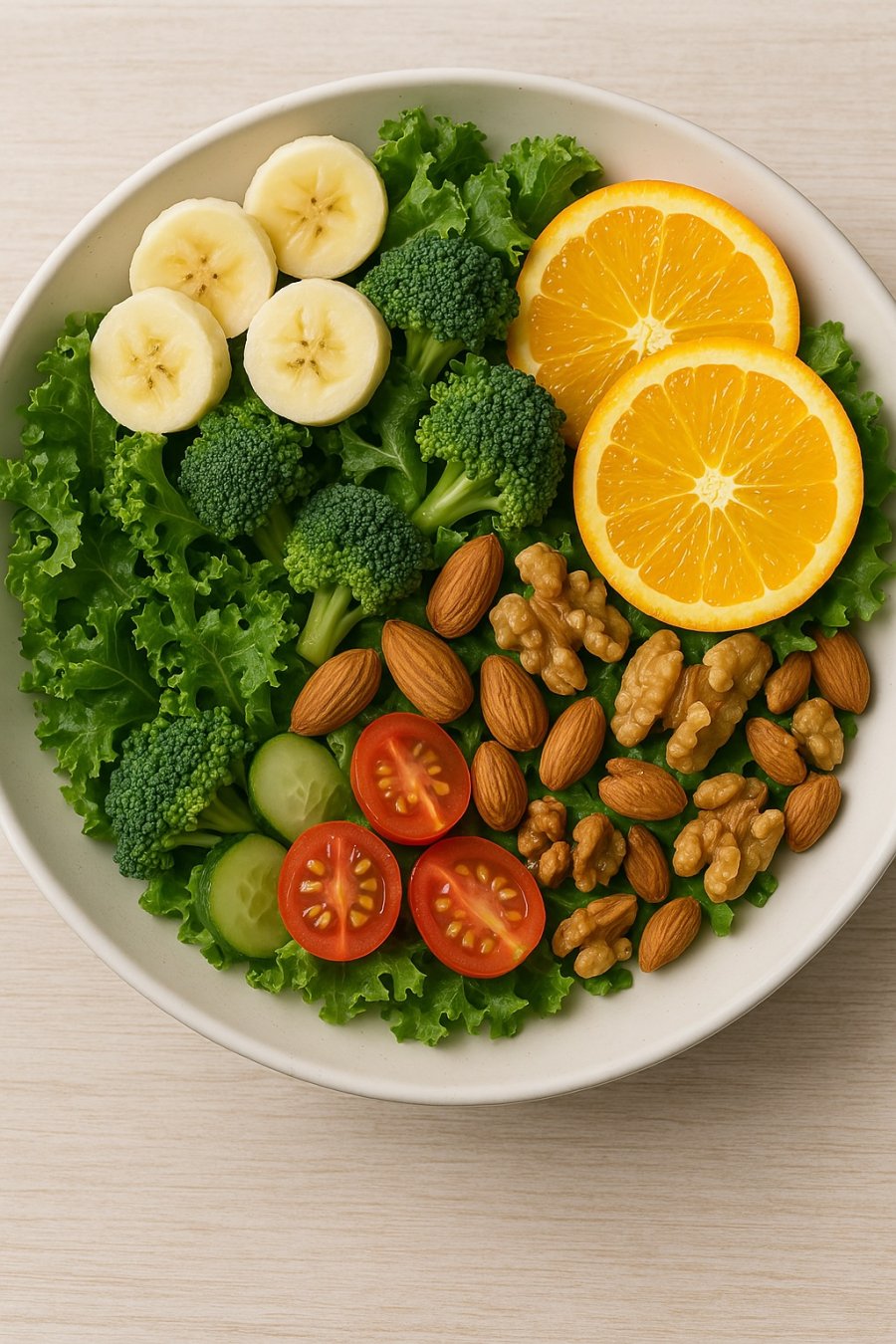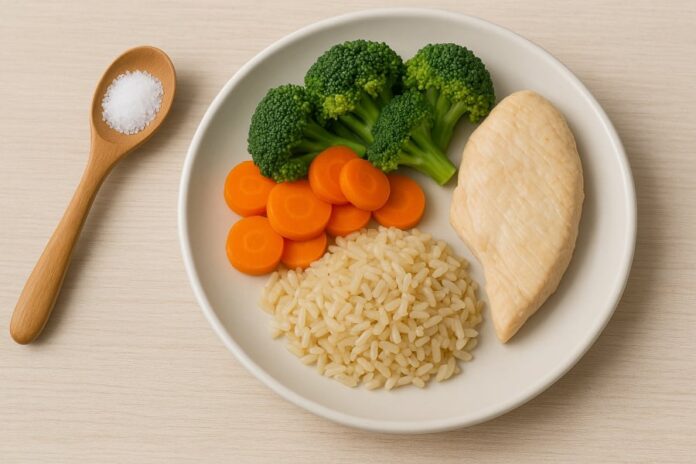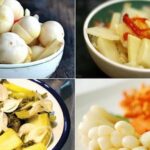Stroke is one of the most dangerous illnesses, capable of striking suddenly and leaving devastating consequences. According to statistics from the Vietnamese Ministry of Health, Vietnam records approximately 200,000 stroke cases annually, with alarmingly high rates of mortality and disability. The leading causes of stroke are associated with hypertension, diabetes, smoking, and, notably, unhealthy dietary habits. So, how can we protect ourselves from this life-threatening condition? Today, I’ll share with you four simple yet powerful dietary adjustments to naturally and effectively reduce your stroke risk.
Understanding Stroke and Its Connection to Diet
Stroke occurs when the blood supply to the brain is interrupted, either by a blood clot or a burst blood vessel. Risk factors encompass hypertension, high cholesterol, obesity, and a sedentary lifestyle. Notably, dietary choices play an immensely significant role in mitigating these risk factors. As emphasized by Associate Professor Dr. Nguyen Thi Lam, former Vice Director of the National Institute of Nutrition, in the Health & Life newspaper, “We can absolutely prevent stroke by adjusting our dietary habits.” Thus, let’s embark on this journey of prevention by making simple changes to our daily meals.
Reduce Salt Intake: Guard Your Blood Pressure, Guard Your Heart
While salt is an indispensable seasoning in our cuisine, excessive consumption is the primary culprit behind hypertension, the leading cause of stroke. The World Health Organization (WHO) recommends a daily salt intake limit of 5g, equivalent to one teaspoon. To cut down on salt, minimize its use in cooking and experiment with natural alternatives like garlic, onions, and pepper. Additionally, steer clear of processed foods such as canned goods, sausages, and snacks, as they are laden with hidden salt. Cultivating a habit of reading nutrition labels before purchasing food is also highly advisable.

Embrace Fruits and Vegetables: Nature’s Nutritional Powerhouses
Fruits and vegetables are not only rich in vitamins and minerals but also packed with antioxidants, which fortify blood vessels and reduce inflammation. These factors are pivotal in thwarting stroke. Dr. Pham Thi Thu Huong, Head of Cardiology at Bach Mai Hospital, revealed in VnExpress that “Incorporating fruits and vegetables into your daily diet can lower stroke risk by up to 30%.” Prioritize options like kale, spinach, broccoli, bananas, oranges, grapefruit, and strawberries. Try adding a salad or a glass of fresh juice to your daily routine, and you’ll soon notice a boost in your overall health.
Limit Saturated Fat and Cholesterol: Curtail the Artery Saboteurs
Excessive saturated fat and cholesterol in the bloodstream lead to the formation of plaque in arteries, heightening the risk of blockages. This not only impacts heart health but also directly contributes to stroke. Therefore, it’s prudent to minimize consumption of animal fats, organ meats, fried foods, and fast food. Instead, incorporate healthier alternatives like olive oil, canola oil, and omega-3-rich fish such as salmon and tuna into your diet. These choices will foster better cardiovascular wellness.

Boost Potassium Intake: A Companion for Healthy Blood Pressure
Potassium is an essential mineral that helps maintain fluid balance and electrical activity in the body, thereby supporting healthy blood pressure. Research from Harvard University (USA) indicates that individuals with adequate potassium intake have a 24% lower risk of stroke compared to those who fall short. Fortify your diet with potassium-rich foods such as bananas, sweet potatoes, black beans, tomatoes, mushrooms, and avocados. Simply adding a banana to your breakfast or a sweet potato to your dinner can bolster your cardiovascular health.
Additional Tips: Small Habits, Big Impact
Beyond dietary adjustments, embrace other healthy habits to bolster your overall wellness. Staying hydrated by drinking enough water daily (approximately 1.5-2 liters) ensures your body functions optimally. Maintaining a healthy weight is crucial, as excess weight burdens the heart and blood vessels. Regular exercise, such as a 30-minute daily walk, enhances blood circulation. Lastly, don’t neglect regular health check-ups to detect and address hypertension and cholesterol issues early on.
Take Action Today
You don’t need to revolutionize your diet overnight. Modest adjustments, such as reducing salt, embracing fruits and veggies, cutting saturated fat, and boosting potassium, can significantly lower stroke risk. As medical experts advise, prevention is always better than cure. So, start now—don’t let another day go by without showing yourself some love through wise dietary choices.
May this article inspire you to embrace a healthier and happier lifestyle. Share it with your loved ones—after all, good health is the most precious gift we can give and receive!








































